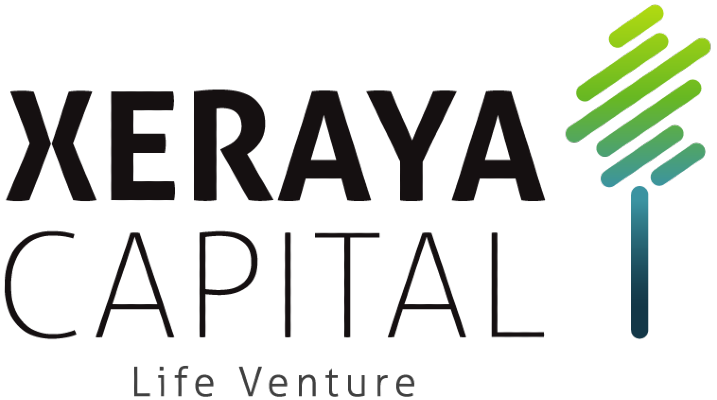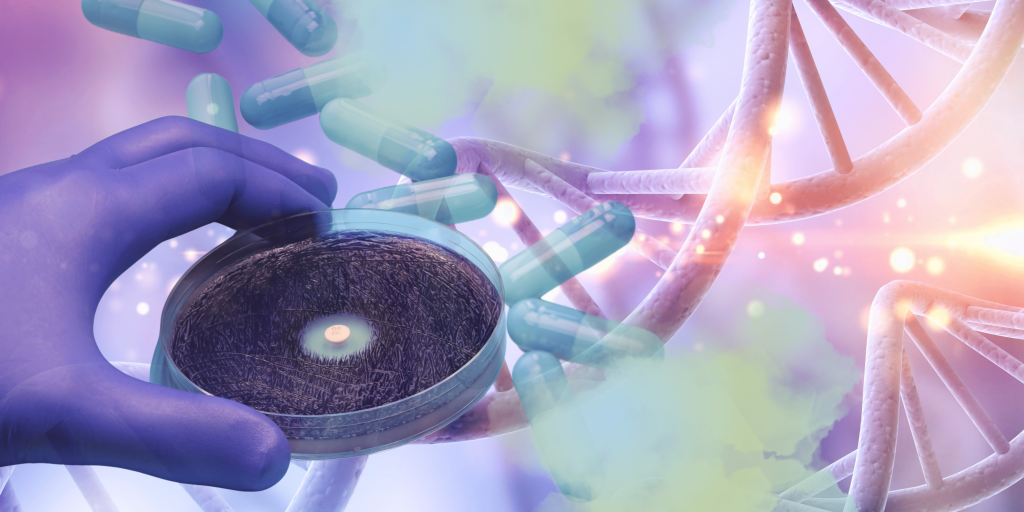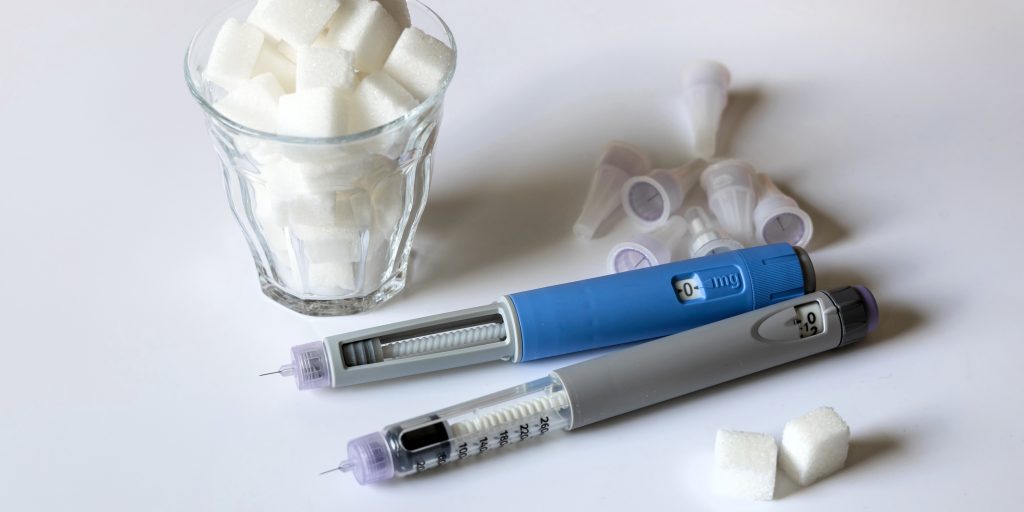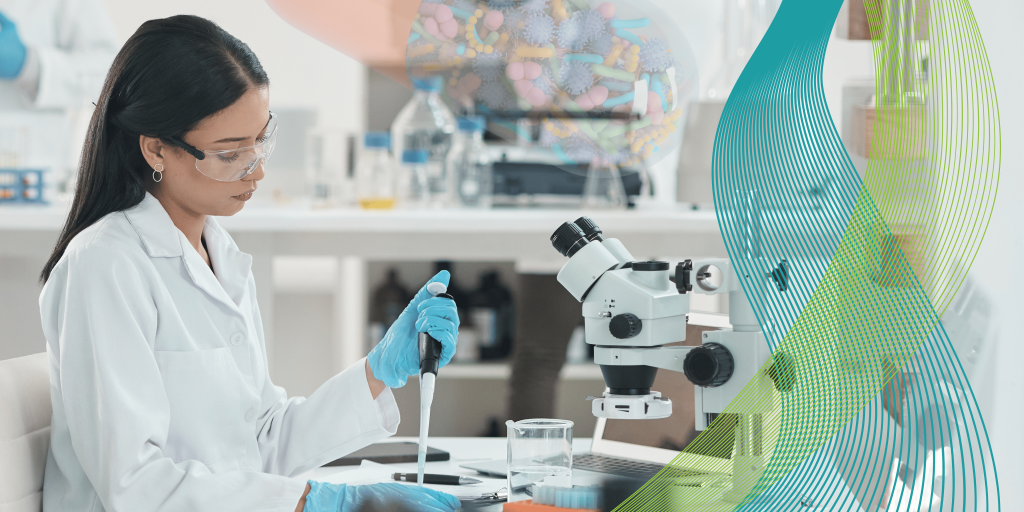The use of Artificial Intelligence continues to grow in the healthcare field, and researchers are finding new ways to utilize its capabilities. In chronic disease management and prevention, specifically in cancer research, AI has been critical for diagnosis, decision-making, and kickstarting the treatment process.
According to the National Cancer Institute, AI, machine learning, and deep learning can all be used to improve cancer care and patient outcomes.
“Integration of AI technology in cancer care could improve the accuracy and speed of diagnosis, aid clinical decision-making, and lead to better health outcomes. AI-guided clinical care has the potential to play an important role in reducing health disparities, particularly in low-resource settings,” NCI wrote on Cancer Detection & Diagnosis Research.
With the use of AI, researchers can create the next stage of precision oncology.
Using AI in Cancer Detection: Three Examples
Medical professionals have been expanding the use of AI capabilities for cancer detection. In one instance, researchers at Tulane University discovered that AI can accurately detect and diagnose colorectal cancer by analysing tissue scans at the same level or even better than pathologists.
They gathered over 13,000 images of colorectal cancer from 8,803 patients and 13 independent cancer centres in China, Germany, and the US, subsequently using randomly selected images to build a machine learning programme. The programme is able to recognize images of colorectal cancer, one of the most common causes of cancer-related deaths in Europe and the US.
After creating the tool, the researchers then compared the machine learning technique to the work done by pathologists; the study indicated that the average pathologist scored 0.969 for accuracy when detecting colorectal cancer, while the machine programme scored 0.98.
As such, the researchers hope that their study will encourage pathologists to use AI in their pre-screening technology in order to speed up diagnosis.
AI can also improve detection accuracy. New York University researchers created an AI programme that can identify patterns among thousands of breast ultrasound images to help doctors diagnose breast cancer.
The programme was tested on 44,755 completed ultrasound exams and increased the radiologists’ ability to correctly identify breast cancer by 37%. IT also reduced the number of tissue samples and biopsies necessary to confirm tumours by 27%.
“Our study demonstrates how artificial intelligence can help radiologists reading breast ultrasound exams to reveal only those that show real signs of breast cancer and to avoid verification by biopsy in cases that turn out to be benign,” study senior investigator Krzysztof Geras, PhD, said in a press release.
One other use case for AI is its ability to advance existing technology in order to improve patient outcomes. In a recent study, it was found that medical professionals can use AI tech to quickly and accurately sort through breast MRIs in patients with dense breast tissue in order to eliminate those that don’t have cancer.
While mammography plays an important role in reducing breast cancer-related deaths, it is less sensitive in women with extremely dense breast tissue. Additionally, women with extremely dense breasts are three to six times more likely to develop breast cancer than women with almost entirely fatty breasts and two times more likely than the average woman.
While mammography still plays an important role in reducing breast cancer-related deaths, it’s less sensitive in women that have extremely dense breast tissue; these women are also three to six times more likely to develop breast cancer than women with almost entirely fatty breasts and two times more likely than the average woman.
By combining mammography capabilities and AI, the tech can significantly reduce a radiologist’s workload and improve patient outcomes.
Blood-based biomarkers for Cancer Detection: A Step in the Right Direction
While it is all the hype now in cancer detection, the use of blood-based biomarkers to detect cancers isn’t exactly new. For decades, researchers have been using tumour protein biomarkers such as alpha-feto protein (AFP), carcinoembryonic antigen (CEA), cancer antigen 19-9 (CA 19-9) etc. to detect disease recurrence, progression, and response to therapy. The use of these tumour markers is well-documented in clinical practice, but they aren’t entirely specific and can be elevated in non-malignant conditions. Additionally, they don’t provide any predictive information on response to therapy, which means that markers are needed to furnish elaborate details of tumour biology and guide treatment strategies. Over the past several years, a number of such predictive blood-based biomarkers have entered the scientific research arena. These broadly include circulating tumour cells (CTCs), circulating tumour DNA (ctDNA), tumour-derived exosomes, tumour-educated platelets (TEPs) and miRNAs.
Blood based biomarkers are non-invasive and have the potential of assessing real-time tumour response to therapy as well as identifying dynamic resistant clones. As technologies mature, they are becoming faster and more accurate.
Introducing Glycoproteins and Its Use with AI to Detect Cancers
The most commonly used form of blood based markers for cancer currently are glycoproteins because many existing blood based cancer biomarkers lack the sensitivity required for screening.
As such, Intervenn BioSciences, a biotech company is using a highly sensitive glycoproteomics technology that is coupled with AI to identify panels of novel glycoprotein markers that correspond to cancers.
It is an approach that is similar to their ongoing liquid biopsy process which investigates the possibility of a clinical decision-making tool for ovarian cancer that aims to distinguish malignant pelvic tumours from benign ones.
With the use of this proprietary technology, Intervenn is looking to speed up the process of detecting cancers in a non-invasive way so that patients can anticipate faster and earlier diagnoses and hopefully, a more precise treatment recommendation from physicians.
Intervenn Biosciences, which has offices in the United States, Malaysia and Philippines, is changing the way the world deals with cancer and other diseases by combining mass spectrometry and AI to unlock glycoproteomics for biomarker and target discovery.
The company’s ultimate aim to ensure that no one is blindsided by disease is why venture capital firm Xeraya Capital invested in Intervenn’s Series B round of US$34 million in 2020.
Sources
2. https://tlcr.amegroups.com/article/view/16017/12981
3. https://www.nst.com.my/lifestyle/heal/2020/02/562911/intervenn-innovates-cancer-diagnostics-using-ai
4. https://e27.co/malaysian-vc-xeraya-capital-joins-us-biotech-firm-intervenns-us34m-round-20201119/




